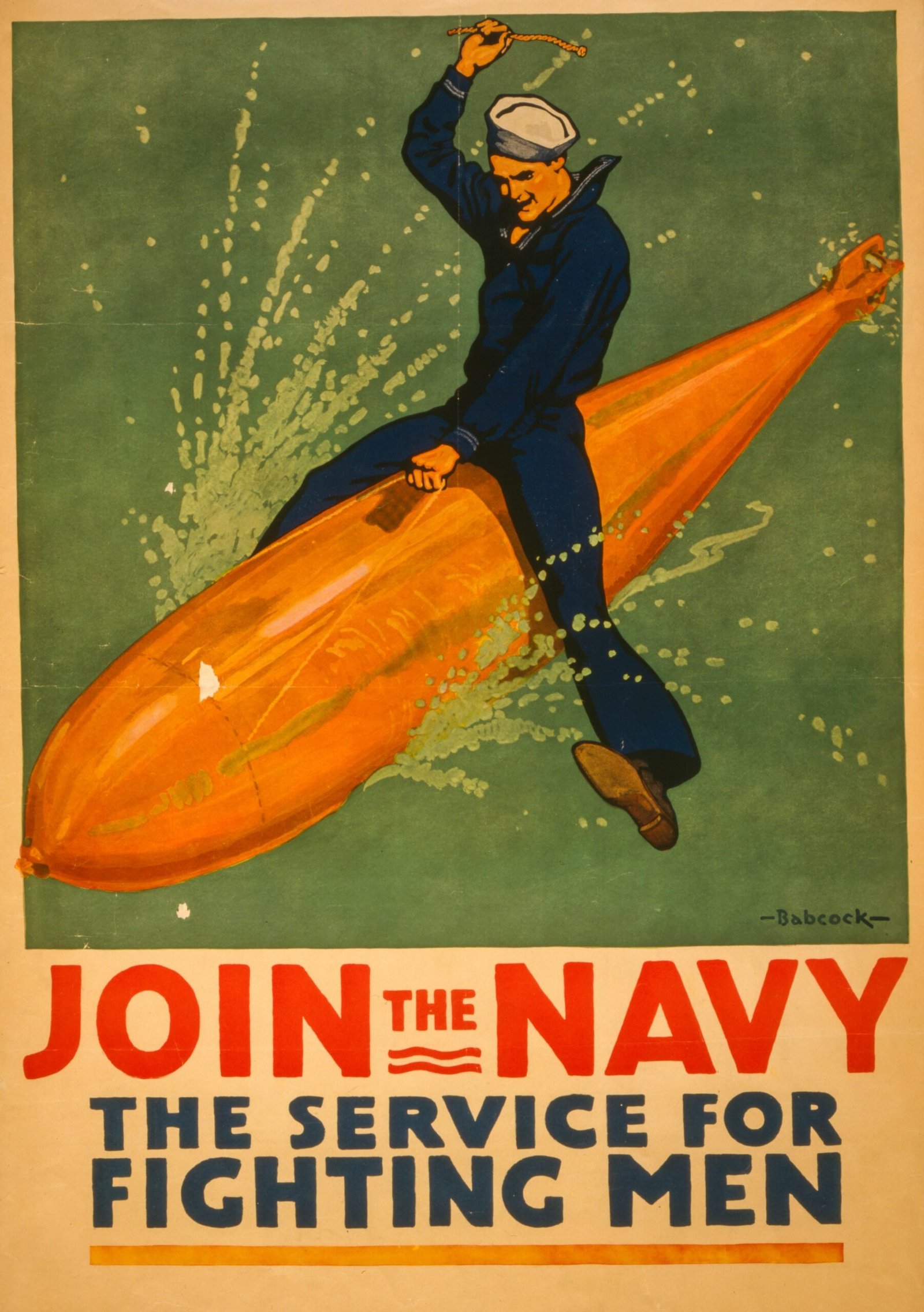Hey there, Harsh here,
This week’s topic is a bit controversial, but it’s something we need to talk about propaganda. Do you ever stop and think about how much it affects your daily life? Trust me, it’s more than you realize. Whether it’s political, marketing, or religious, propaganda is everywhere, shaping our thoughts and actions without us even realizing it. So, let’s dive into this complex topic and explore its impact together.
Propaganda, often associated with manipulation and deceit, has been a powerful tool throughout history, influencing the course of nations and societies. From ancient civilizations to modern democracies, the art of persuasion has played a pivotal role in shaping opinions, beliefs, and behaviors.
Think about it: Gandhi’s movement for Indian independence was fueled by his powerful propaganda, inspiring millions to join the cause and fight for freedom. On the other hand, Hitler’s use of propaganda during World War II led to unspeakable atrocities, manipulating the masses into supporting his heinous agenda.
Unfortunately, more often than not, propaganda has been used for nefarious purposes. In times of war, governments have employed propaganda to rally support for their causes, often at the expense of innocent lives. The United States’ recruitment campaigns during WWII and Japan’s propaganda machine are stark reminders of how easily manipulated people can be in times of crisis.
But propaganda isn’t just reserved for war; it’s alive and well in the political arena. As someone who has witnessed firsthand how politicians use propaganda to sway public opinion, I can tell you it’s a dangerous game. Through divisive rhetoric and fear-mongering tactics, politicians manipulate the masses to secure votes, often inciting violence and unrest in the process.
And let’s not forget about marketing propaganda, perhaps the most pervasive form of all. From commercials to social media ads, companies use sophisticated tactics to influence our purchasing decisions and shape our perceptions of reality. Ever felt the urge to buy something just because it’s marketed as a status symbol? That’s the power of propaganda at work.
Moreover, propaganda is not limited to overt messaging or advertising campaigns. It can also manifest in subtler forms, such as the framing of news stories, the selection of images, and the portrayal of certain groups or individuals in media. These subtle cues can shape public opinion and influence perceptions in profound ways.
The advent of modern communication technologies has transformed the landscape of propaganda. With the rise of social media platforms and digital advertising, propaganda has become more pervasive and sophisticated. Algorithms designed to maximize engagement often amplify divisive content, fueling echo chambers and reinforcing existing biases.
Another crucial dimension of propaganda is its role in shaping historical narratives. Throughout history, victors have often employed propaganda to justify their actions and vilify their enemies. This selective interpretation of events can distort collective memory and perpetuate myths and stereotypes.
In addition to its role in politics and mass media, propaganda is also prevalent in consumer culture. Advertising agencies employ various tactics to create aspirational narratives around products and brands, tapping into consumers’ desires and insecurities. From celebrity endorsements to lifestyle marketing, propaganda permeates every aspect of the consumer experience.
Moreover, propaganda can be weaponized in the realm of international relations, where states engage in information warfare to advance their geopolitical interests. The spread of misinformation, disinformation, and fake news has become a potent tool for sowing discord and destabilizing adversaries.
In light of these complex dynamics, individuals need to develop critical thinking skills and media literacy to navigate the increasingly murky waters of propaganda. By questioning sources, verifying information, and challenging dominant narratives, we can resist the influence of propaganda and cultivate a more informed and democratic society.
In conclusion, propaganda is a multifaceted phenomenon that profoundly influences our lives, shaping our beliefs, attitudes, and behaviors in subtle and overt ways. By understanding its mechanisms and implications, we can guard against its manipulative effects and strive for a more discerning and enlightened public discourse. Remember, knowledge is power, and with awareness, we can dismantle the structures of propaganda and build a more just and equitable world.

Leave a Reply
You must be logged in to post a comment.